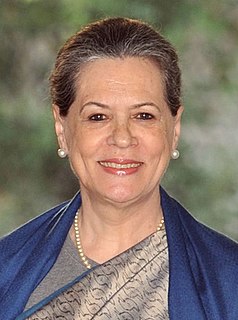A Quote by Wendy Kopp
Education is the most powerful tool countries have for boosting economic growth, increasing prosperity and forging more just, peaceful and equitable societies. Where educational deprivation exists, it breeds conflict and enables repression.
Related Quotes
To be equitable, economic growth has to be sustainable. To be sustainable, economic growth has in turn to be all-inclusive. All-inclusive is no longer the greatest good of the greatest number. It is actually 'Sarvodaya' or the 'rise of all'. This Mahatma Gandhi saw as essential to Satyagraha itself.


































